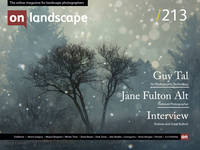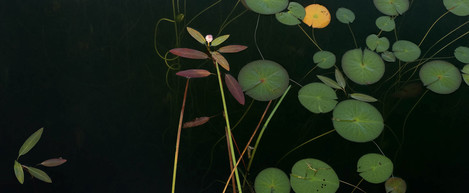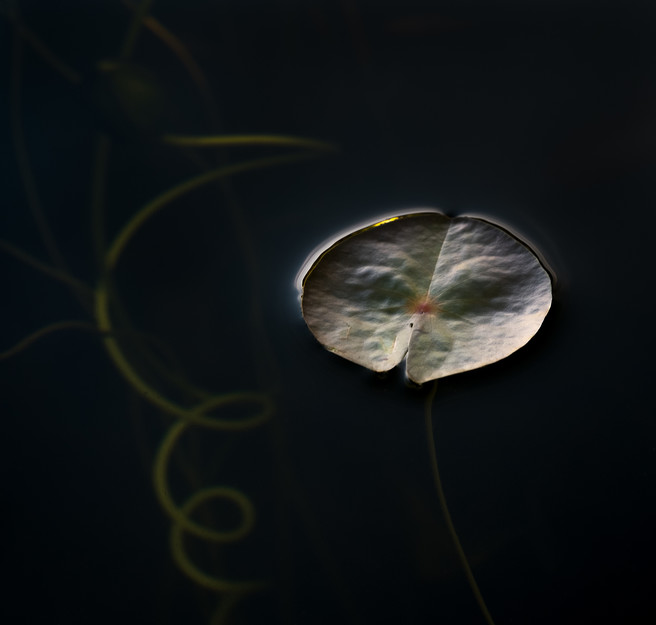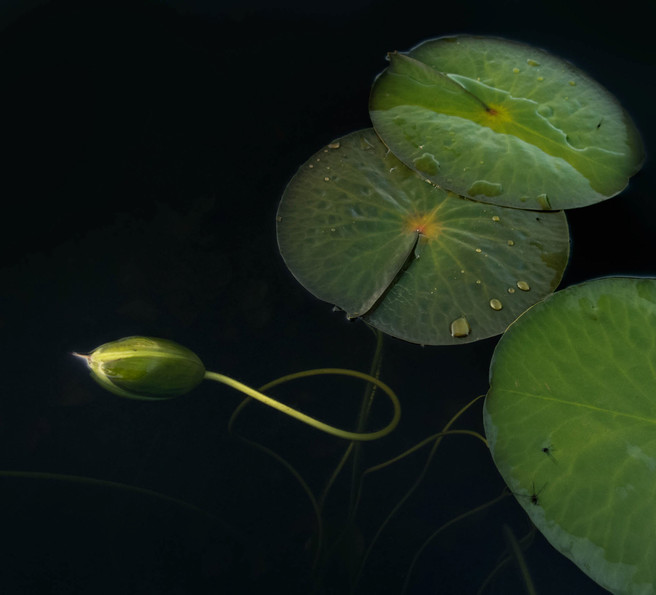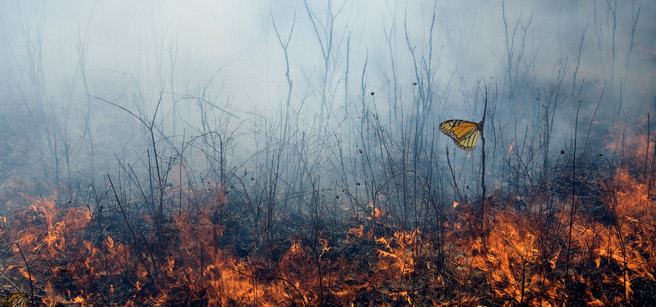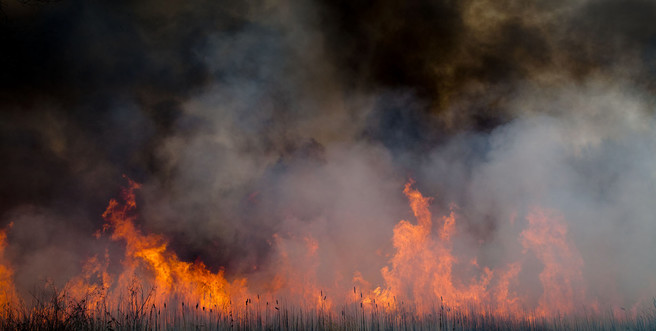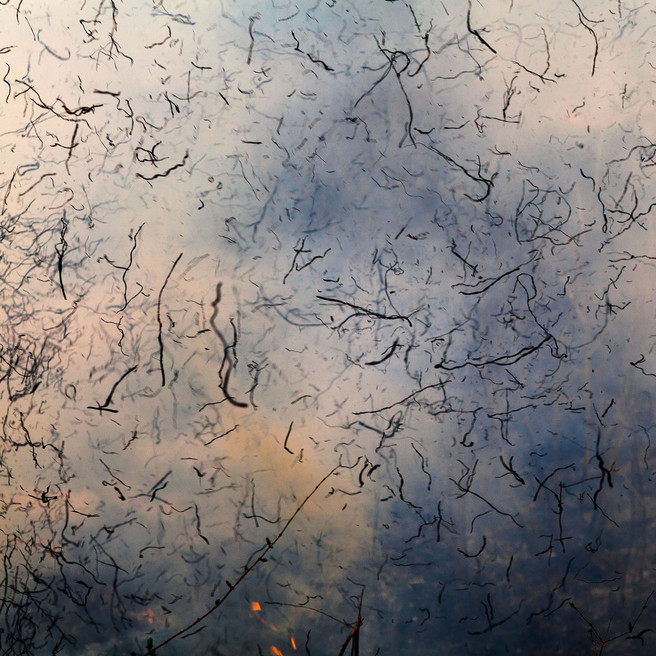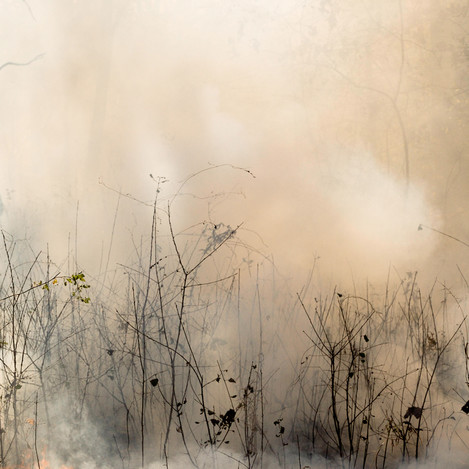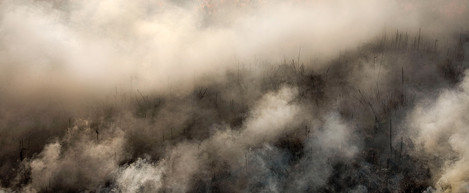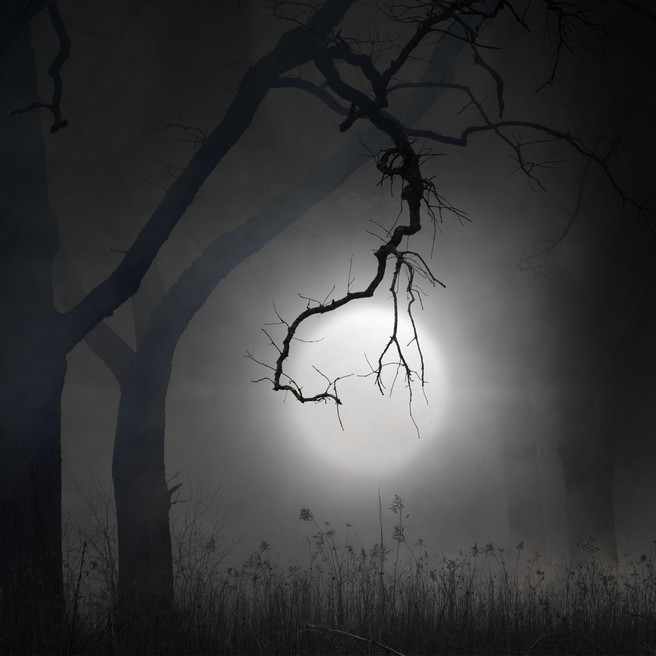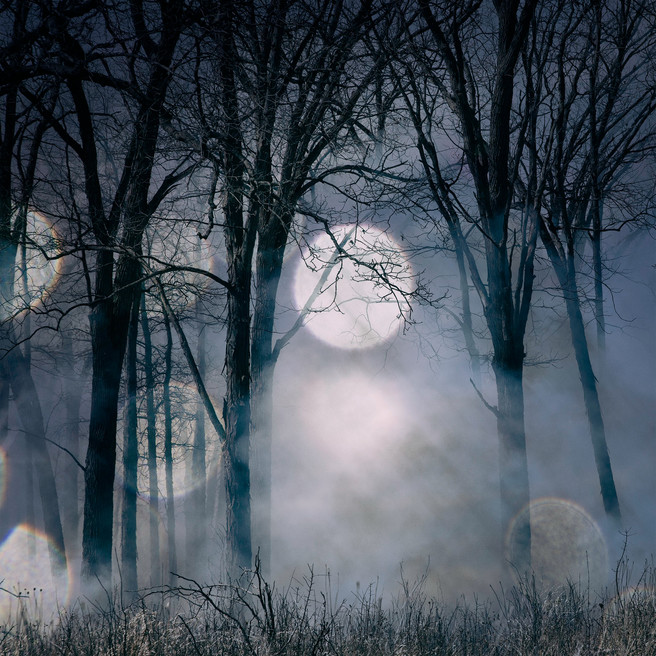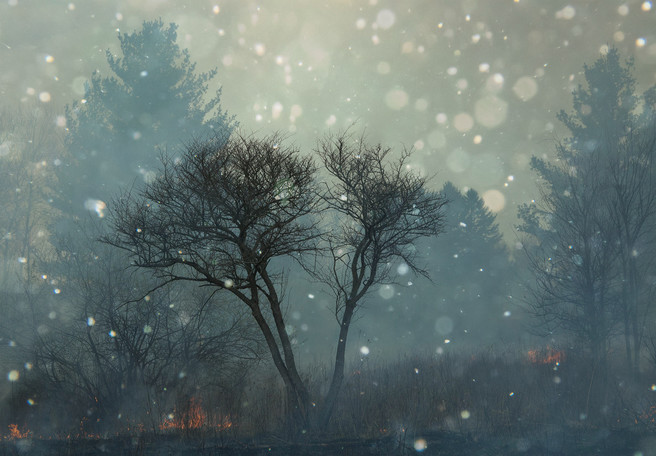Featured Photographer

Jane Fulton Alt
Jane Fulton Alt began exploring the visual arts while pursuing her career as a clinical social worker. Her primary photographic focus has been to understand the human condition and life cycles.

Michéla Griffith
In 2012 I paused by my local river and everything changed. I’ve moved away from what many expect photographs to be: my images deconstruct the literal and reimagine the subjective, reflecting the curiosity that water has inspired in my practice. Water has been my conduit: it has sharpened my vision, given me permission to experiment and continues to introduce me to new ways of seeing.
The video that Jane Fulton Alt created of the artist made book ‘The Burn’ still makes quite an impact, and quickly prompted Editor Tim Parkin to buy the published edition which he reviewed in On Landscape in 2014.
Much of Jane’s work evolves around cycles of life; whether we recognise it or not photography is both a response and an antidote for us all to personal circumstances as well as those that impinge upon our existence. This year more than ever seems like a good time to find out a little more about Jane’s photography.
Would you like to start by telling something about yourself – where you grew up, your education and early interests, and what that led you to do as a career?
I grew up in a suburb of Chicago. My parents were art collectors and probably my favourite high school class was art history. I graduated from the University of Michigan and the University of Chicago in the School of Social Service Administration. I worked as a clinical social worker as I raised my three children.
When my youngest child began grammar school, I began taking art classes at a local art centre. I was initially captivated by photography because I had an amazing teacher, Richard Olderman. He was a seeker of the meaning of life and brought his students along with him. The camera soon became a tool for more fully expressing my innermost concerns.
What kind of images did you initially set out to make? You’ve talked about learning the ‘poetry of photography’ which I think is a rather nice way to describe it.
I remember the exact moment in the darkroom when a friend turned to me and said, “I think you finally understand photography.” The content of the image was my daughter walking on a stone pathway in a garden. It was all about light, shadow and mystery. My contact sheets are like a daily diary. They serve as my “stream of consciousness” and guide me to the next body of work. My earliest photographs were of my family.
Who (photographers, artists or individuals) or what has most inspired you, or driven you forward in your own development as a photographer?
I love the pictorial qualities of Julia Margaret Cameron and the minimal, abstract qualities of Edward Weston’s peppers. Sally Mann’s Immediate Family and What Remains portfolios have been inspirational. Southern photographer Debbie Flemming Caffery’s portraits of the south led to a solo workshop with her in Louisiana, which was life changing.
I have recently turned to the work of many painters, including Kandinsky, Matisse, Miro and Klee. And I love the poetry of Mark Strand, Wendell Berry and Mary Oliver, to name a few.
Landscape photography can be widely interpreted. I have never really thought of my work as fitting into any one category. I tend to be drawn toward social issues and the natural world.
Metaphor has played an important role in my work and landscapes have been a good subject matter for the life cycles of all living things. I am currently working on the “landscape” of decomposing food. My eye sees the compost in the same way it sees a sprawling landscape. It is about content, form and light.
Would you like to choose 2-3 favourite photographs from your own portfolio and tell us a little about why they are special to you?
Burn No. 2
The photograph of the monarch butterfly above the fire, Burn No. 2, can be widely interpreted. It can reference any threat, including climate change, the world wide pandemic or the current unrest in the US. It is one of the few images I have deliberately manipulated and still holds a “staying power” for me.
Burn No.91
Burn No. 91, which is the placed in the centre of The Burn book is another important photograph. While immersing myself in the controlled burns, I focused more on the smoke and was, frankly, terrified of the violence of the raging fires. My sister passed away from ovarian cancer on November 18, 2014. The following day I made this photograph, with no reservation what so ever, confronting the acute the pain I was experiencing from the loss.
Burn No.98 Falling Ash
And finally, the falling ash photograph, Burn No. 98, is a favourite. I love this photograph for its pure abstract qualities of the ash falling through the air. The circumstance under which it was created is also significant.
Has it been important to let themes develop, for things and places to get under your skin, rather than to actively chase them?
I just listened to a podcast from the wonderful photographer Cig Harvey and she stated, “You can’t think your way into a body of work.” This has certainly been true for me. The work seems to find me. I have trust and faith in the camera and in my intuition.
Looking at the images in Water Works, it would be easy to think that they are about subject and form. But how much is about the fact that we are of and from water, and that you were in and on it to make them?
Immersing oneself in the environment has always been an important aspect in creating photographs and has helped me to find the essence of the subject. Deep familiarity with the subject is central to making a good photograph.
I was dipping into your archived blog posts. In “Judging ourselves and the Creative Process” you talked about the need to go inward rather than outward. It made me wonder whether in seeking validation, whatever form that may take (social media, competitions, portfolio reviews, etc.), photographers are heading in the wrong direction if they want to create individual work. Do we bring ourselves, and our work, into the light too soon?
I think the idea of “trying to make it” and seeking validation can be an interference, as the focus is pleasing someone else or feeding the ego. The work can get diluted and feel less authentic. It is best to work from the centre and trust your own voice.
I also think that not having gone on for an advanced degree in photography has served me well. I already had a profession and was just using the camera to try to better understand my life. I didn’t have expectations or care about making it…I just wanted to better understand my life through the lens of my camera.
With time also, we gain new perspectives, both on ourselves and on how our work relates to the times. You’ve talked about Fire and Water taking on a political significance for you, and rereading some of the dialogue about The Burn in the time of corona, I couldn’t help but wonder whether we have become the invasive species. (“But the purpose of the fire is not to destroy - it is a controlled burn, meant to decrease the volume of invasive species, leaving more space for native plants to grow”) I’m not sure if it is appropriate to draw this parallel, though I did personally find it a strong one at the time of reading.
I have thought a lot about what is happening in the world with the pandemic and climate change. I have learned so much about nature by just observing. The Burn has taught me so much about life cycles. Those images of regenerative destruction have a personal significance - I photographed my first burn within the space of a few days when my first grandchild was born and my sister began a course of chemotherapy - yet they constitute a universal metaphor: the moment when life and death are not contradictory but are a single process to be embraced as a whole. With this understanding, I can’t help but wonder if what is happening now is nature trying to self-correct, a cleansing so to speak, just like in the fires. I suppose this opinion necessitates taking a longer view of the very nature of existence.
Have you been moved to respond photographically to the pandemic?
As I mentioned, I photograph every day, wherever I am. My current circumstances are challenging and unexpected.
What has your photography allowed you to do that you haven’t been able to do through your social work?
They are two very different endeavours. My clinical social work profession focused on helping others.The photography was solely for me, addressing my inner life. Early on I began contemplating man’s widespread need for love and connection, which begins the moment we are born and ends the moment we take our last breath. How do we enter and exit the world? This exploration has been ongoing and the camera has been an invaluable tool, serving as a visual manifestation of those concerns.
Many of the situations that you’ve encountered have been challenging. What have you found to quieten the mind and to allow you a degree of simplicity?
While making photographs I often enter into a state of meditation. The act of photographing, searching for the light, always calms my mind. Many of the subjects I have photographed have been demanding, but the camera has been my faithful companion in facing these challenges.
What have you been working on recently? Do you have any particular projects or ambitions for the future or themes that you would like to explore further?
It has been a very bumpy year. My husband passed away last fall, the pandemic arrived and we have had 3½ years of turmoil in the US. I am always looking for the light, and given the challenges of today, it has become even more urgent. We all need more beauty in these times of chaos and darkness. My hope is to continue to focus on the mystery and beauty of life.
If you had to take a break from all things photographic for a week, what would you end up doing? What other hobbies or interests do you have?
I’m currently knitting, quilting, and making cyanotype masks for my family. I would love to delve into making sculptural objects from the natural world. I love to work with my hands.
And finally, is there someone whose photography you enjoy – perhaps someone that we may not have come across - and whose work you think we should feature in a future issue? They can be amateur or professional.
Thank you, Jane, for finding the time to talk to us. You can see more of Jane’s images on her website and she also posts daily on Instagram.

